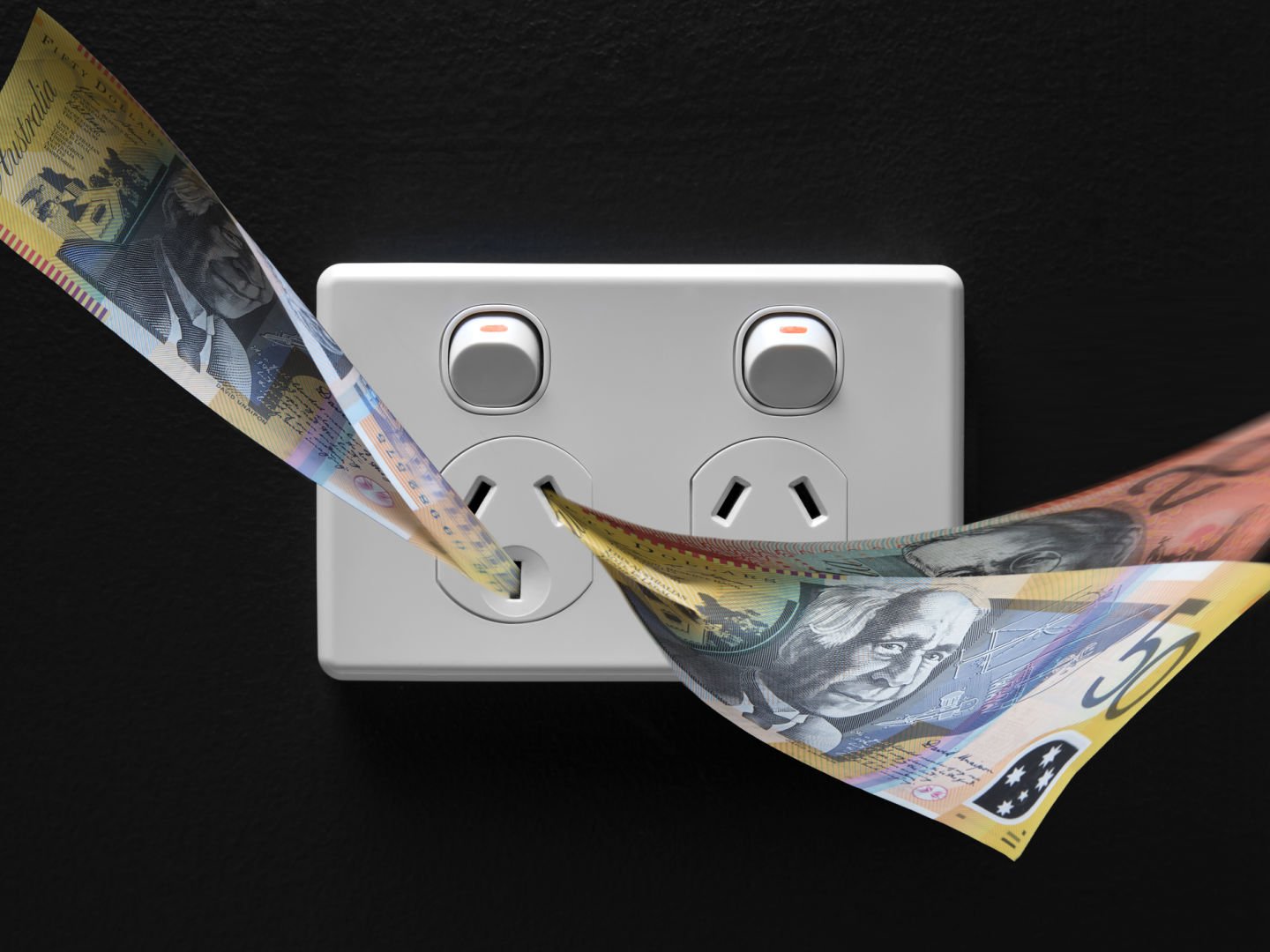Power savings at the flick of a switch
Standby for information that will save you money on electrical appliances.

Key Points
Household appliances account for around 30% of household energy use.
Appliances still use power when they're in standby mode—and this can add up to 10% of your electricity use.
Switching off certain appliances can save you money.
Despite that we continue to leave appliances on standby, in case we want to use them quickly, or simply because it’s easier to do so. But it is costing us money.
The experts agree it’s a good idea to switch off appliances at the wall when they're not in use and when you go on holiday.
Consumer group CHOICE says switching off is not going to make you rich, but it will save you money—and it’s good for the environment.
That’s because appliances still use power when they’re on standby. Keeping your Google Home or Alexa device permanently switched on just in case you need to ask, “What’s the weather like today?” could be adding dollars to your power bill.
Standby power can account for more than 10% of your household electricity use. That’s about $100 a year that could be saved with the flick of a switch.
If you have trouble reaching the switch on the wall or behind a large appliance, the solution may be to use powerboards that are in more accessible places.
Devices that use a remote are among the biggest power wasters. When on standby, they’re constantly waiting for a signal to switch on.
These include TVs made before 2006, while plasma TVs—which stopped being made sometime in the 2010s—still “get hot enough to heat a room”.
CHOICE’s Denis Gallagher says newer TVs, including LED and OLED models, are subject to stricter energy standards and should only cost you tens of dollars to run, rather than the hundreds of dollars for older models.
If you’re a gamer, or your grandkids are, you may be surprised to know that consoles such as PlayStations and Xboxes are among the biggest power users, along with DVD players and sound bars.
The appliances that are easiest to turn off at the wall should be your clothes dryer, washing machine, dishwasher, microwave and air conditioner. You are probably not using these devices every day, so switch them off.
Printers are also easy to switch off, as are laptop chargers when they are not actively in use.
Your wireless modem is probably one of your biggest power suckers.
It can be tricky to turn your Wi-Fi on and off all the time but turning it off overnight and when you are away on holidays is a good idea.
Smart home devices that are constantly listening for voice-activation use up a chunk of power when in standby mode.
Emi Gui, the Energy System Lead at Monash University's Climateworks Centre says that in 2021, there were an average of 20.5 internet-connected devices per household in Australia, with that number forecast to reach 33.8 by 2025.
“Let’s say each device consumes three watts of hourly standby power [costing you $7.88 a year], if you add it all up it can [be something like $150 per year] of extra power you’re consuming,” she told the ABC.
The good news is that while we may be using more appliances than ever, some of them are getting more efficient.
Over the past decade manufacturers have created more energy-efficient products and consumers have become more aware of energy rating labels. As a result, the average amount of household electricity we use has dropped—even if the price hasn’t.







